Pilea involucrata ‘Norfolk’ – Friendship Plant
Original price was: ₹450.00.₹175.00Current price is: ₹175.00.
6 in stock
Size: Single Plant | 2.5″ Pot Included | Free Shipping
The Pilea involucrata ‘Norfolk’, commonly known as the Friendship Plant, is a delightful houseplant celebrated for its unique, velvety, quilted foliage. The leaves have a rich texture and a beautiful color palette, with deep green and bronze tones on the upper surface and a reddish-purple underside. Its common name comes from how incredibly easy it is to propagate and share with friends.

Here is a comprehensive guide to caring for your Pilea involucrata ‘Norfolk’:
Light
- Bright, Indirect Light: This is the ideal condition for the Friendship Plant. It thrives in a well-lit location that receives plenty of bright, filtered sunlight. A spot near an east-facing window or a few feet away from a south- or west-facing window is perfect.
- Avoid Direct Sun: The delicate, textured leaves are prone to scorching. Direct sunlight will cause the leaves to burn, leading to brown, crispy spots and a faded appearance.
- Low Light: While it can tolerate lower light, this will result in slower growth and a less vibrant appearance. The plant may become “leggy” as it stretches toward the light source.
Watering
- Keep Soil Consistently Moist: The Friendship Plant prefers to have its soil kept consistently moist but not waterlogged. It is sensitive to both overwatering and underwatering.
- Check Before Watering: Water when the top 1-2 inches of the soil feel dry to the touch. In the summer, this may be more frequent, while in the winter, you’ll need to water less often as its growth slows.
- Drainage is Key: Ensure the pot has a good drainage hole to prevent water from accumulating at the bottom, which can lead to root rot.
- Signs of Problems: Yellowing, mushy leaves are a sign of overwatering. Droopy, crispy leaves indicate that the plant is too dry.
Humidity
- High Humidity is Essential: As a native of the tropical rainforests of Central and South America, the Friendship Plant absolutely thrives in high humidity (ideally 60% or higher). Without it, the leaves can develop brown, crispy tips.
- Increase Humidity:
- Humidifier: The most effective way to provide consistent humidity.
- Pebble Tray: Place the pot on a tray filled with water and pebbles. The evaporating water will create a humid microclimate around the plant.
- Misting: Regular misting can also help to provide a temporary boost in humidity.
- Location: A bathroom or kitchen can be a great place for this plant due to the higher ambient humidity.
Soil and Fertilizer
- Well-Draining Soil: Use a well-draining, loose, and rich potting mix. A good mix designed for African violets often works well, as it provides both moisture retention and adequate drainage. A blend of potting soil with perlite and some organic matter is also a great option.
- Fertilizer: During the growing season (spring and summer), feed your plant with a balanced liquid houseplant fertilizer. Dilute the fertilizer to half strength and apply it every 4-6 weeks. Stop fertilizing in the fall and winter when the plant is dormant.

Other Care Tips
- Temperature: The plant prefers warm temperatures, ideally between 65-75°F (18-24°C). It is sensitive to cold temperatures and should be protected from drafts and temperatures below 55°F (13°C).
- Pruning: Pruning is not required, but you can trim back any leggy or dead stems to maintain a bushy, compact shape and encourage new growth.
- Propagation: As its name suggests, this plant is incredibly easy to propagate from stem cuttings. Simply take a cutting, remove the bottom leaves, and place it in water or moist soil. It will root quickly, allowing you to easily share it with friends.
- Pests: While generally pest-resistant, keep an eye out for mealybugs and spider mites, which can sometimes find their way into the crevices of the textured leaves.
- Toxicity: The Pilea family is generally considered non-toxic to cats and dogs.
Only logged in customers who have purchased this product may leave a review.
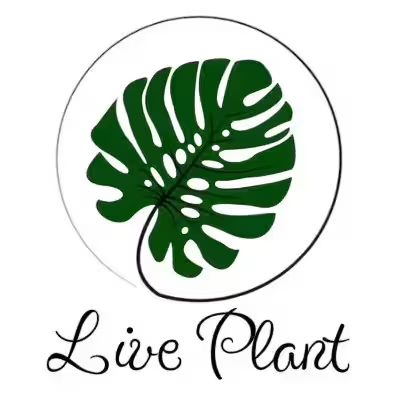
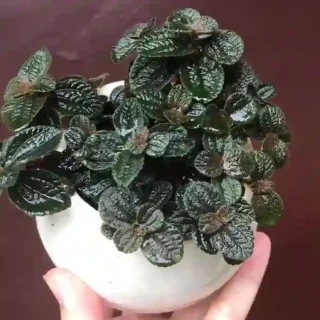
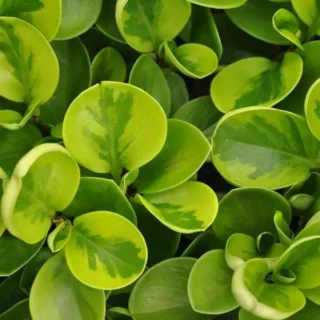
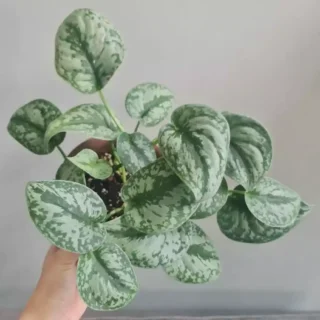
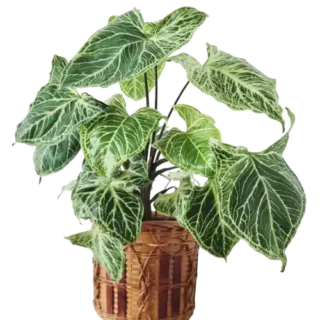
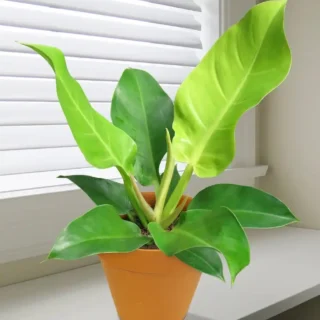
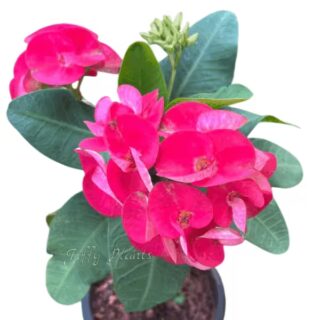
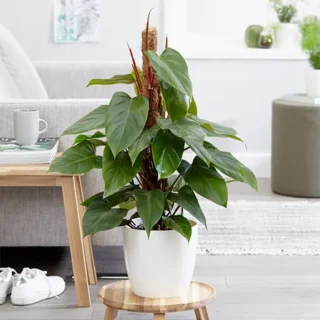
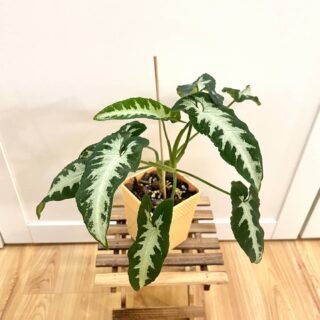
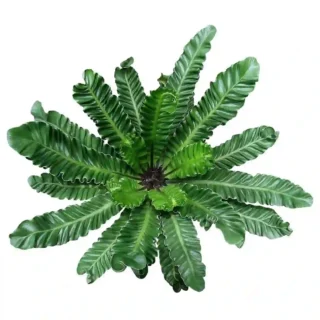
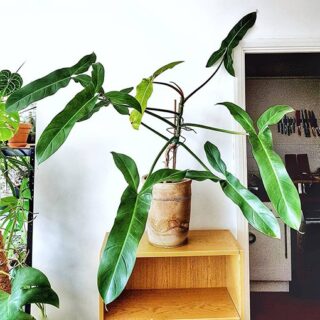
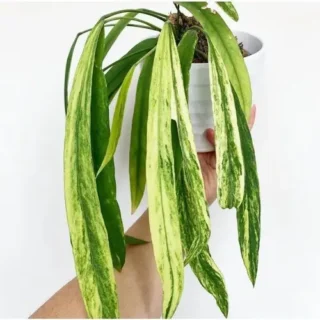
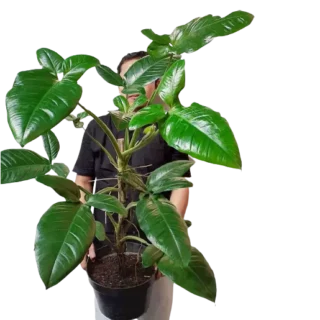
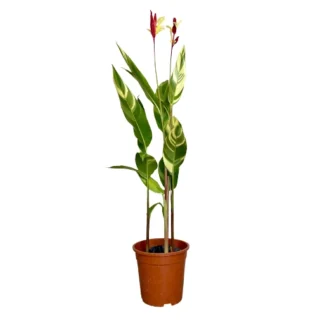
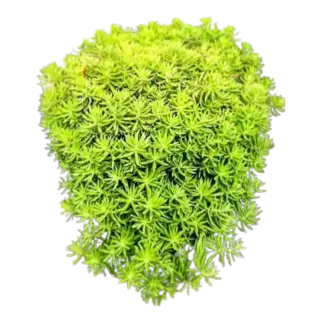
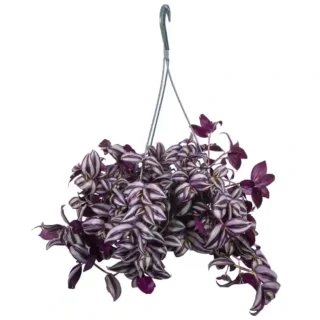
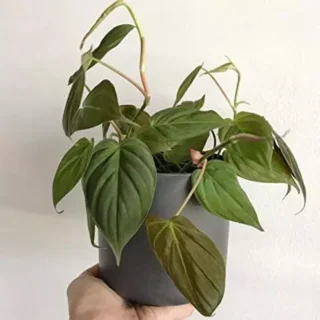
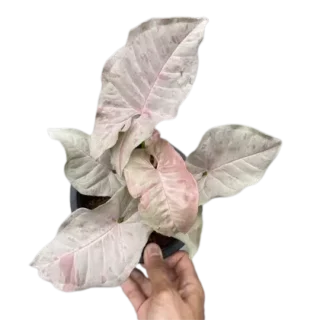
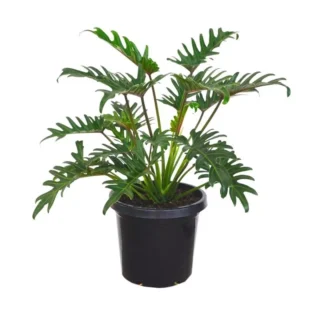
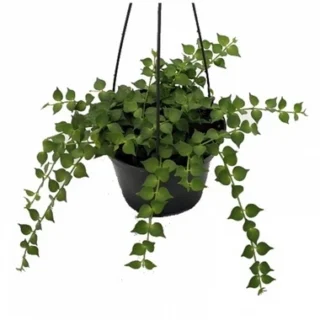
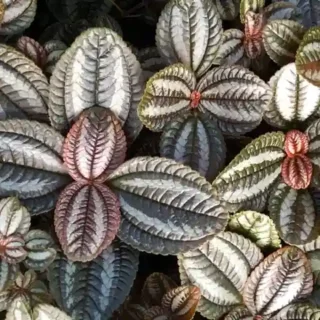
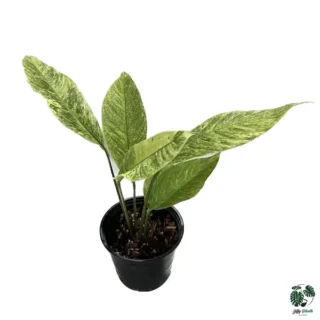
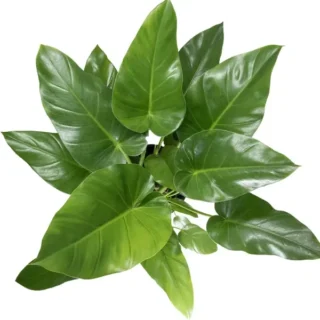
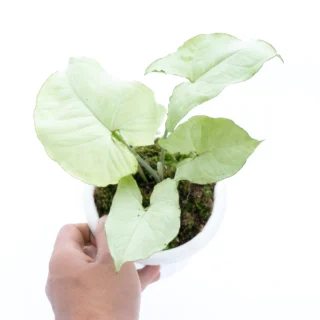
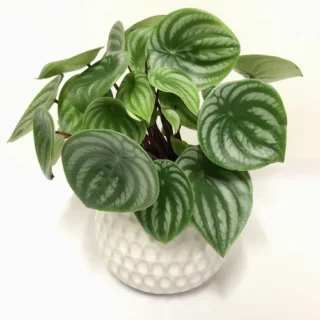
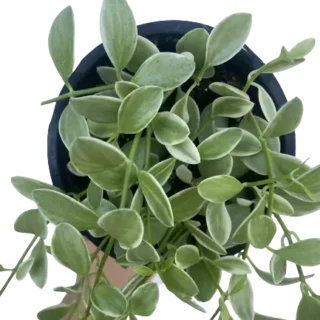
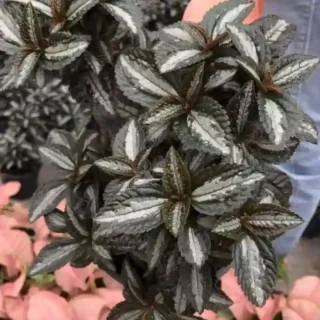
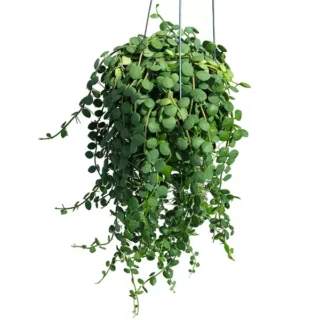
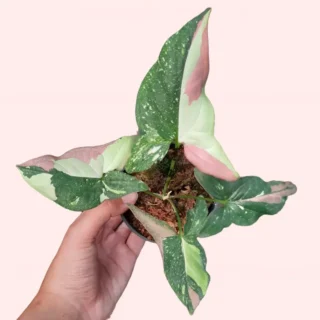
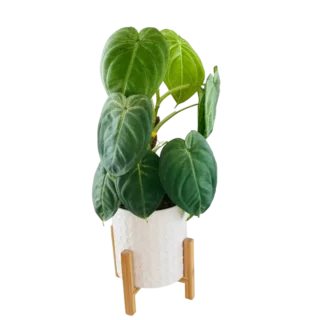
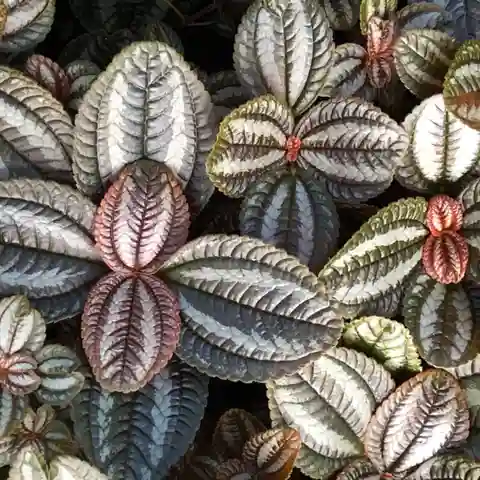
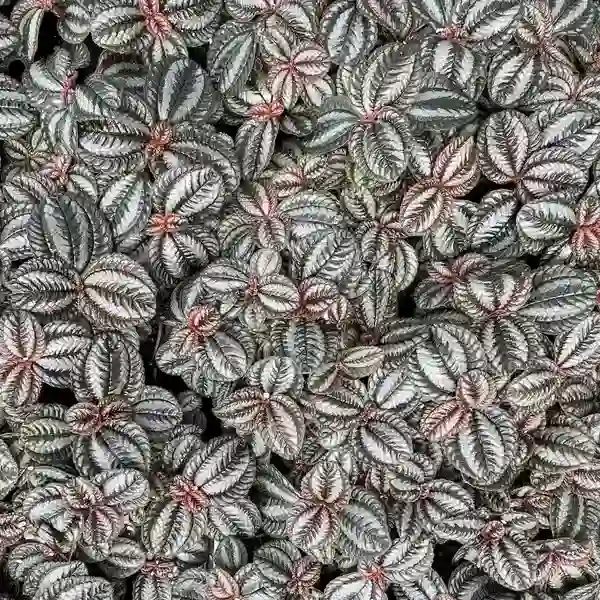
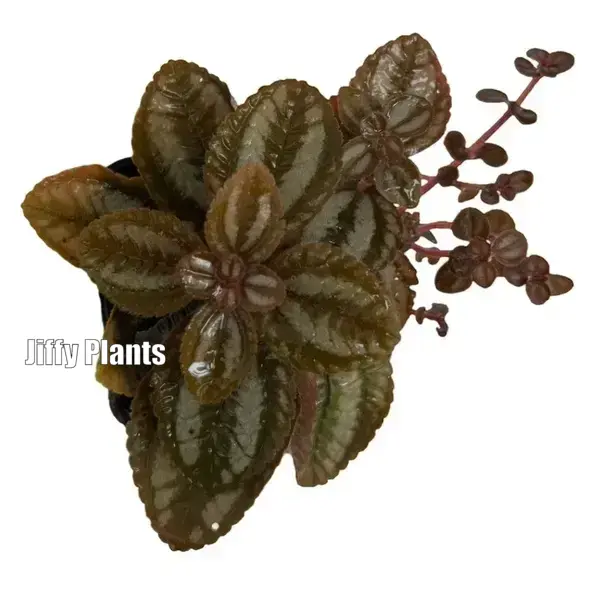
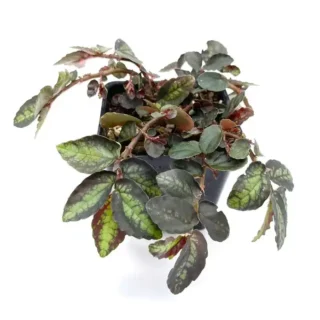
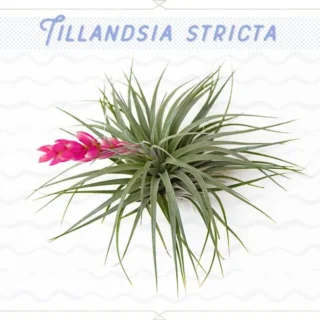
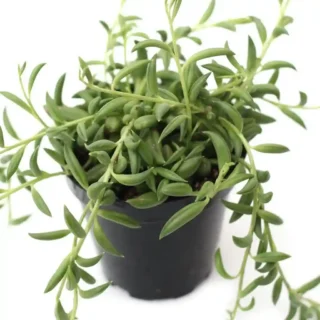
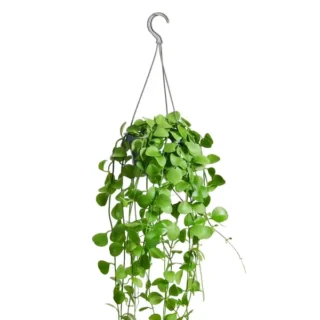
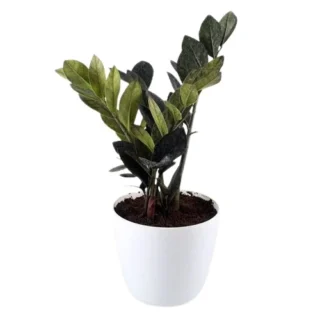
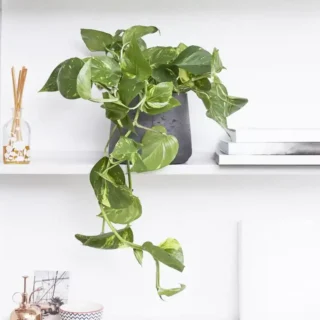
 If you need any assistance, I'm always here. Have you found what you were looking for?
If you need any assistance, I'm always here. Have you found what you were looking for?
Reviews
There are no reviews yet.